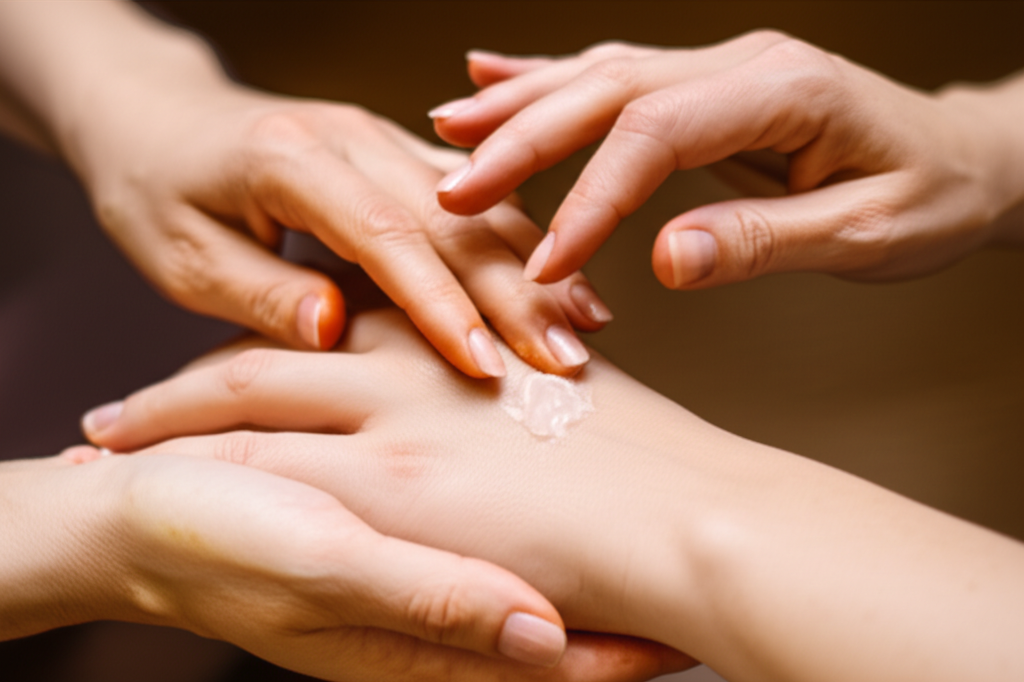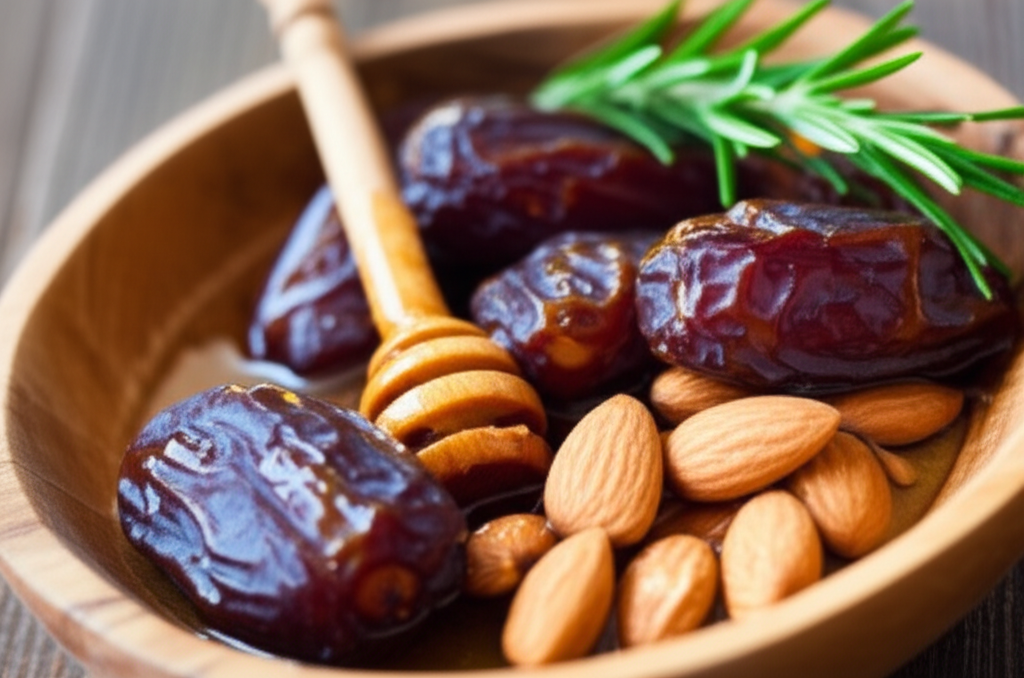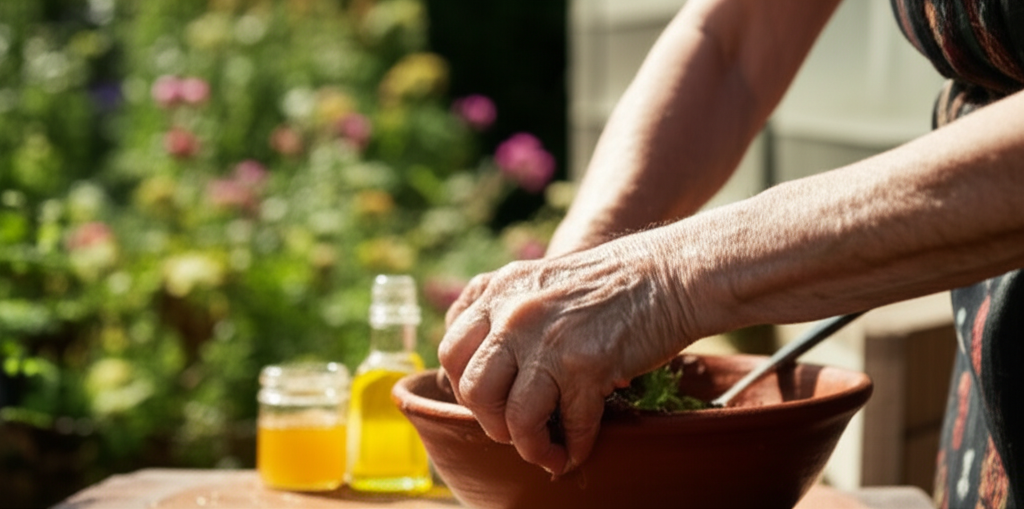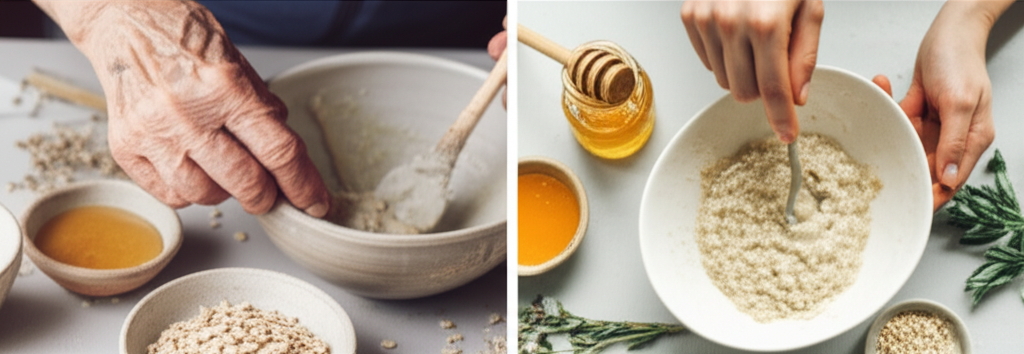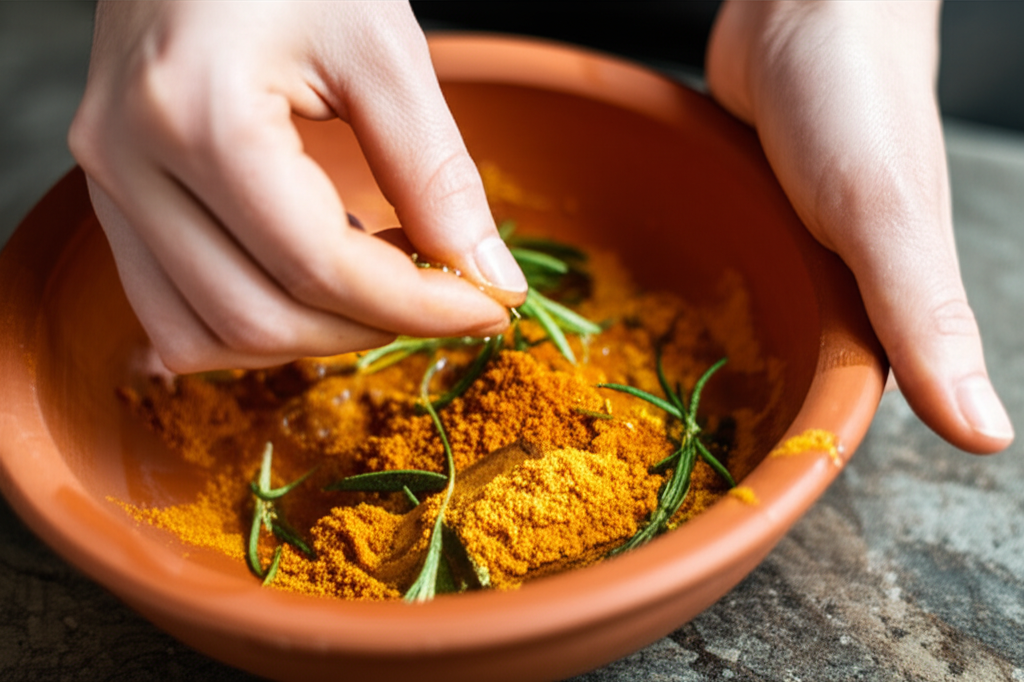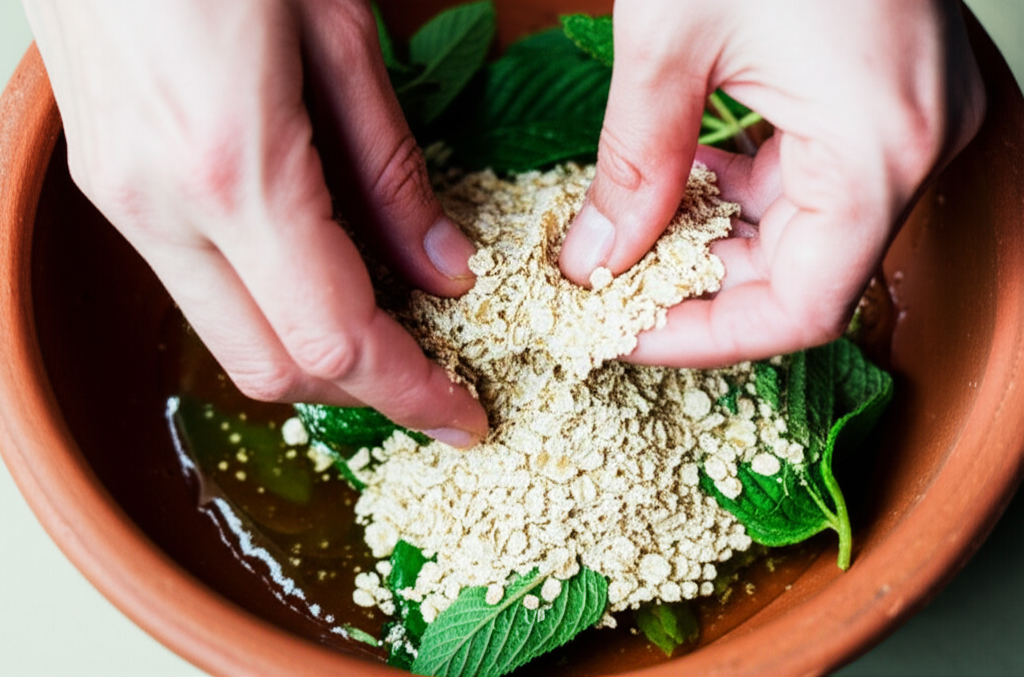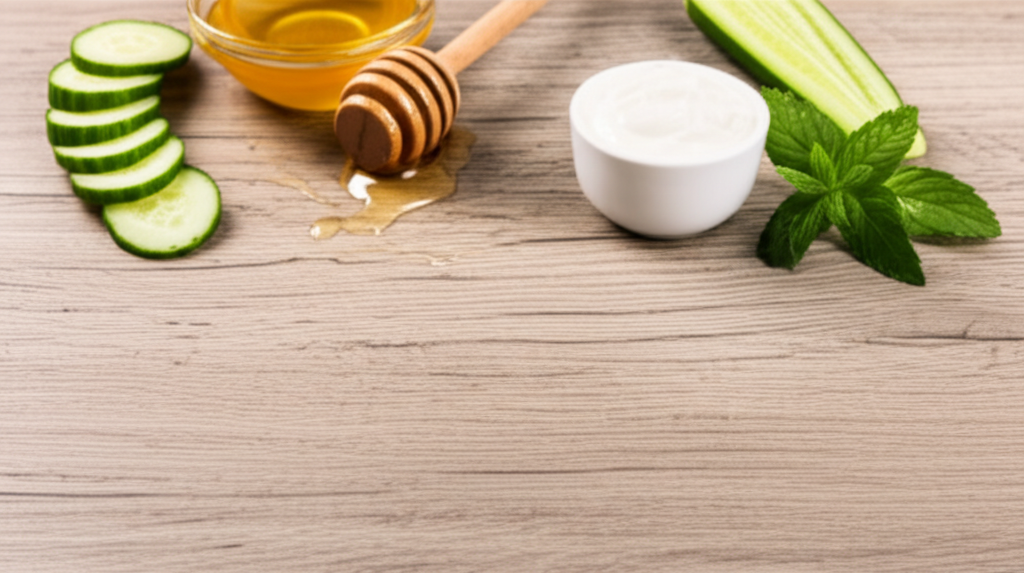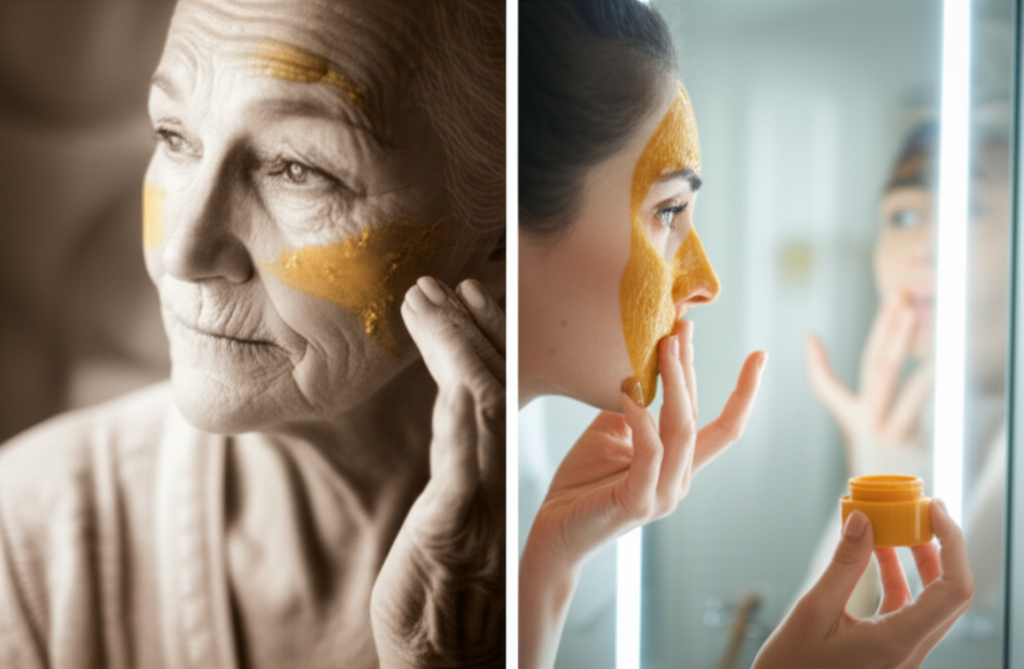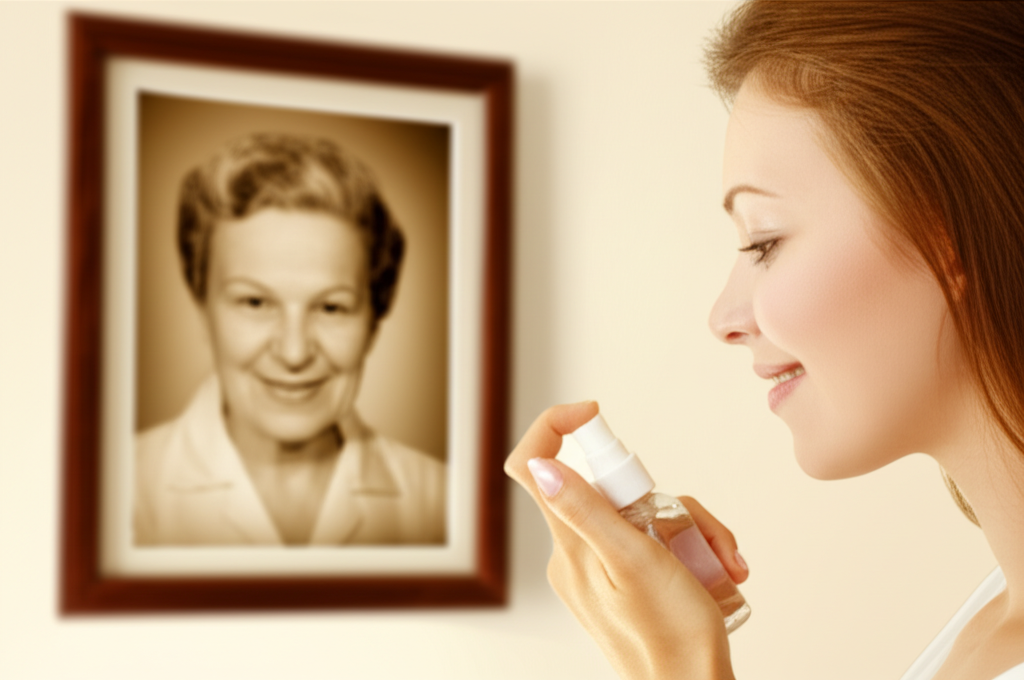Alright, let's dive into some time-tested DIY beauty recipes straight from your grandmother's era. Forget expensive serums and fancy packaging; these were all about leveraging nature's bounty with ingredients readily available in the kitchen and garden. Think simple, effective, and frankly, surprisingly brilliant!
Oatmeal Face Mask for Soothing Skin:
Grandma likely knew the soothing power of oats. A basic oatmeal mask – just cooked oatmeal, a spoonful of honey, and maybe a dollop of plain yogurt – was her go-to for irritated or sensitive skin. The oatmeal helps reduce inflammation, the honey is a natural humectant, and the yogurt adds a touch of lactic acid for gentle exfoliation.
Lemon Juice Toner for Brightening:
Lemon juice, diluted with water, served as a natural toner. This wasn’t about achieving instant bleaching, but rather gently exfoliating and brightening the complexion over time. The citric acid in lemon can help fade dark spots and even out skin tone, just remember to always dilute it well and avoid sun exposure afterward!
Honey and Olive Oil Hair Mask for Luscious Locks:
For dry or damaged hair, a simple honey and olive oil mask was a lifesaver. Olive oil is incredibly moisturizing, and honey helps to draw moisture into the hair shaft. Applying this mixture to damp hair, covering it with a warm towel, and letting it sit for 30 minutes before rinsing resulted in visibly softer, shinier strands.
Rosewater for Calming and Hydrating:
Rosewater, distilled at home if she was truly resourceful, was a staple. It's a gentle toner, skin refresher, and overall calming elixir. Many grandmothers used rosewater not just on their faces but also in their hair or even added it to bathwater for its fragrant and therapeutic properties.
Egg White Mask for Tightening and Firming:
Before there were tightening serums, there was the humble egg white. Whipped egg whites applied to the face created a temporary tightening effect, minimizing the appearance of pores and fine lines. This was usually reserved for special occasions, giving the skin a smoother, more youthful appearance. Just be sure to wash it off thoroughly!
These recipes highlight the wisdom of generations past. They relied on simple, natural ingredients and understood the importance of consistency in their beauty routines. While modern science might have fancier solutions, these time-tested remedies prove that effective skincare doesn't always require a hefty price tag.

